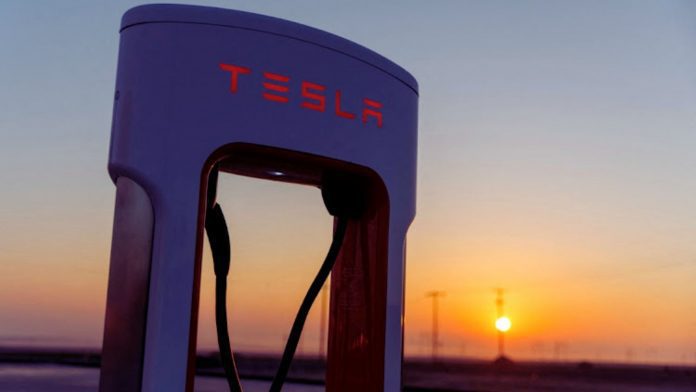A trial to decide how much money Tesla must pay to a Black elevator operator who was found by a jury to have experienced severe racial discrimination while working at the electric automaker’s flagship assembly plant began in federal court in San Francisco.
The five-day trial is expected to begin on March 27. One of the highest verdicts ever in a U.S. workplace discrimination case, $137 million, that the jury handed out to plaintiff Owen Diaz in 2021 was reduced by a judge last year. Lawyers for Diaz ultimately down the reduced settlement and chose to retry the case for damages.
Tesla was found accountable for race discrimination after the trial in 2021, but U.S. District Judge William Orrick reduced the verdict to $15 million. This week’s trial is also being presided over by Orrick, who has prohibited both sides from offering new evidence or subpoenaing fresh witnesses.
In his 2017 lawsuit, Diaz charged Tesla with neglecting to take action after he complained to managers that workers at the facility frequently used racist insults and scrawled swastikas, racist caricatures, and epithets on walls and workstations.
According to a California law that forbids employers from failing to avoid hostile work conditions based on race and other protected characteristics, Diaz sued Tesla for causing him emotional distress.
In 2021, the jury gave Diaz nearly $7 million in compensatory damages for emotional distress and $130 million in punitive damages, which are intended to punish and deter future unlawful behavior.
Orrick claimed that amount recognized the pervasive harassment Diaz endured while also taking into account the fact that Diaz had only been employed at the factory for nine months and had made no claims of physical harm or illness.
However, Tesla has stated that it does not tolerate discrimination. The automaker had requested Orrick to limit the jury’s initial award to no more than $600,000.
In a class action complaint in California state court and a related case brought by the state’s civil rights monitor, Tesla is also accused of permitting pervasive racial hostility at the Fremont facility. However, both cases are still in their early stages.
Although the verdict in Diaz’s trial won’t directly impact those lawsuits or other legal proceedings, it might embolden employees to bring new claims against the business as it faces growing opposition to its dominance of the EV market.




